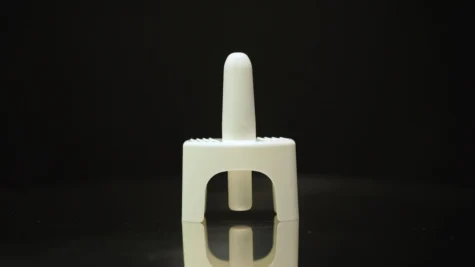Cognitive Behavioral Therapy (CBT) is one evidence-based behavioral treatment method that has revolutionized the fight against addiction.
This approach has revived many lives and renewed hope in many addiction clients.
Continue reading to discover more about how cognitive behavioral therapy for behavioral health can transform your life during recovery!
What Does Cognitive Behavioral Therapy Mean?
In behavioral health, cognitive behavioral therapy represents a kind of psychological treatment that has been tested and proved effective in various areas.
It argues that our thoughts, feelings, and actions are connected.
By transforming adverse thoughts, we can experience altered feelings and behaviors, ultimately leading to an improved life brimming with contentment.
This process is particularly significant in overcoming addiction.
Stages and Techniques of Cognitive Therapy for Behavioral Health
CBT is not a cookie-cutter addiction treatment. It is individualized to focus on what you are really struggling with as an individual.
During a typical CBT session, you can expect the following things:
Identifying Problematic Thoughts or Beliefs
In this process, you and your counselor will review any negative or unhelpful thinking patterns that may contribute to what you are going through.
Doing this helps you gain insight into the thought processes that could hold you back during recovery.
Appraising the Accuracy of Thoughts and Beliefs
You and your counselor will then examine the validity of these thoughts and beliefs. You will consider whether there is evidence supporting them or if they result from assumptions or bias.
This step allows you to challenge them and question their validity.
Replacing with Healthier Alternatives
After identifying and appraising these harmful thoughts, counselors aim to help clients replace them with more balanced and realistic ones.
This entails formulating new ways of thinking, including strategies that facilitate positive change toward better choices.
This collaboration enables clients to address issues at their roots instead of just dealing with symptoms.
Ultimately, the goal is to provide practical tools that teach individuals how to use them to make positive changes.
How Cognitive Behavioral Therapy Can Help Change Negative Thought Patterns
CBT can change negative thought patterns, one of its significant benefits. In the context of addiction, these patterns may revolve around substance use.
For example, a person might say, “I can’t handle stress without drinking alcohol.” With CBT, this assumption can be challenged and replaced with more helpful thoughts such as, “I can deal with stress differently.”
The Role of CBT for Behavioral Health in Relapse Prevention
In addition, CBT is crucial for relapse prevention.
As a result, it empowers individuals to apply effective coping methods and recognize factors that could trigger them into using drugs or substances as well.
For instance, a study showed that clients who were provided with CBT exhibited significantly lower levels of substance use compared to those who did not.
Comparison between CBT and Other Drug Addiction Treatments
Among many effective treatments available for addiction, there are several reasons why CBT stands out.
It is flexible enough to cover not only drug addiction but also other co-occurring disorders related to depression and anxiety.
Additionally, it is pragmatic by focusing on present issues and teaching skills that can be applied in practical situations.
How to Succeed in CBT
To get the most out of cognitive behavioral therapy, you must be willing to be open and honest with your therapist.
This means you would have no problem digging deep into your emotions or confronting negative thought patterns.
Moreover, it involves actively participating in therapy sessions and practicing the tools and techniques learned outside of therapy.
Southern Sky Recovery Offers Cognitive Behavioral Therapy for Behavioral Health
We believe in cognitive behavioral therapy at Southern Sky Recovery.
Our integrated system provides comprehensive treatment services for both men and women, including Intensive Outpatient (IOP), Partial Hospitalization (PHP), and outpatient care.
Our services include CBT, family therapy, individual therapy, dialectical behavior therapy (DBT), and more.
Addiction is not the end of your life. Get help today! Reach out to us now! Find out how the person with substance abuse can regain their lost life through CBT.
Remember, it is not too late to start afresh. Allow us to walk with you while you are in your healing process. You will be grateful to yourself in the future.



